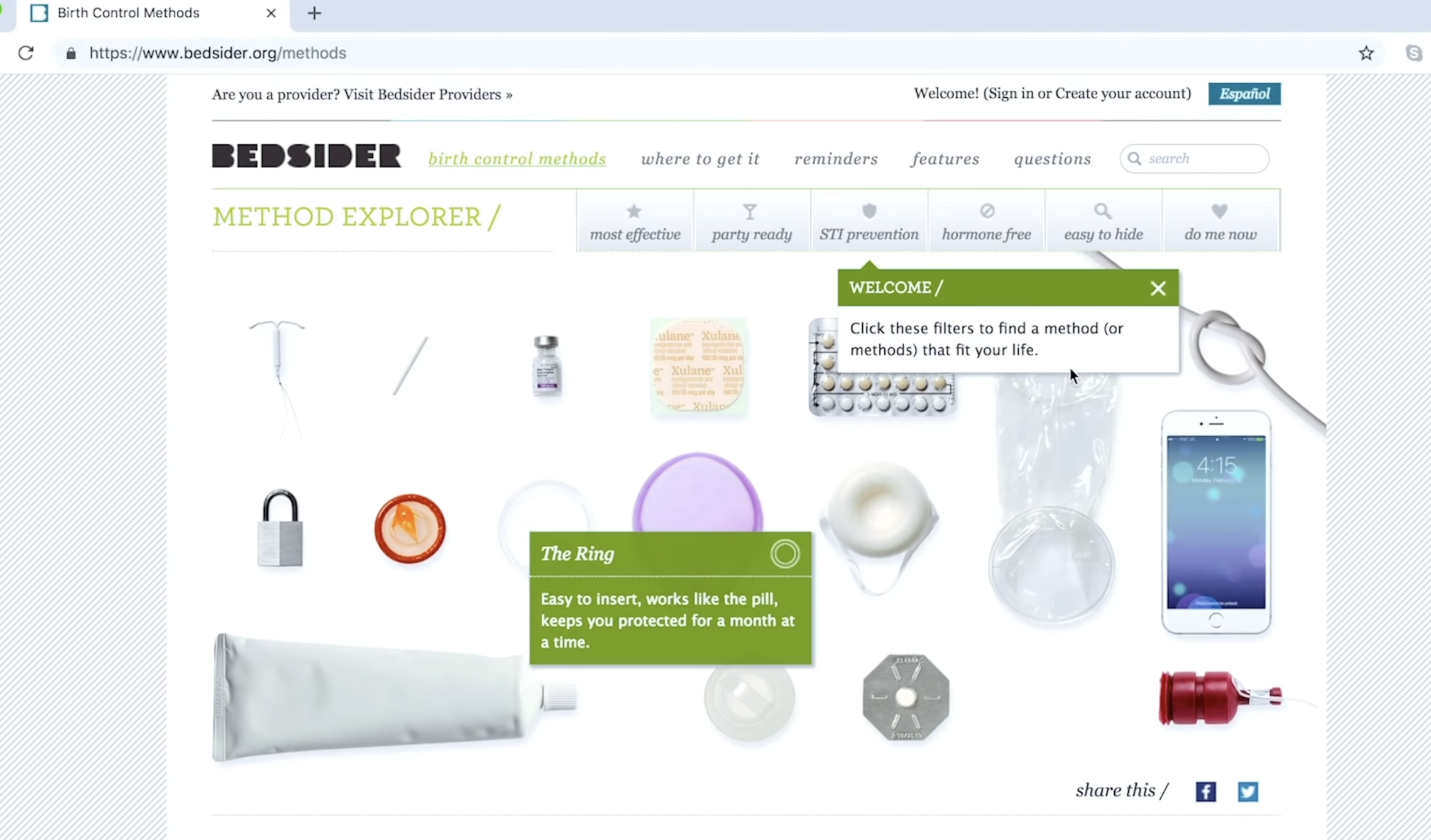MEDSCAPE – Add this to the list of social media’s potential health risks: unintended pregnancy.
That’s for women who take birth control advice from influencers, particularly on YouTube where many talk about stopping hormonal contraception and may give incomplete or inaccurate sexual health information.
In an analysis of 50 YouTube videos, University of Delaware researchers found that nearly three-quarters of influencers talked about discontinuing hormonal birth control.
And 40% were using or had used a “natural family planning” method — when women track their cycle, sometimes using an app, to identify days they might get pregnant.
“We know from previous research that these non-hormonal options, such as fertility tracking apps, are not always as accurate as hormonal birth control,” says lead study author Emily Pfender, who reported her findings in Health Communication .
“They rely on so many different factors, like body temperature and cervical fluid, that vary widely.”
In fact, this “natural” approach only works when women meticulously follow guidelines like measuring basal body temperature and tracking cervical fluid daily. But many influencers left that part out.
Using fertility-tracking methods without the right education and tools could raise the risk of unplanned pregnancy, as failure rates vary from 2% to 23%, according to the CDC.
Even more alarming: Of the influencers who stopped hormonal birth control, only one-third mentioned replacing it with something else, Pfender says.
“The message that some of these videos are sending is that discontinuing [hormonal birth control] is good for if you want to improve your mental health and be more natural, but it’s not important to start another form of birth control,” says Pfender.
“This places those women at an increased risk of unplanned pregnancy, and possibly sexually transmitted diseases” … READ MORE [subscription may be required].



